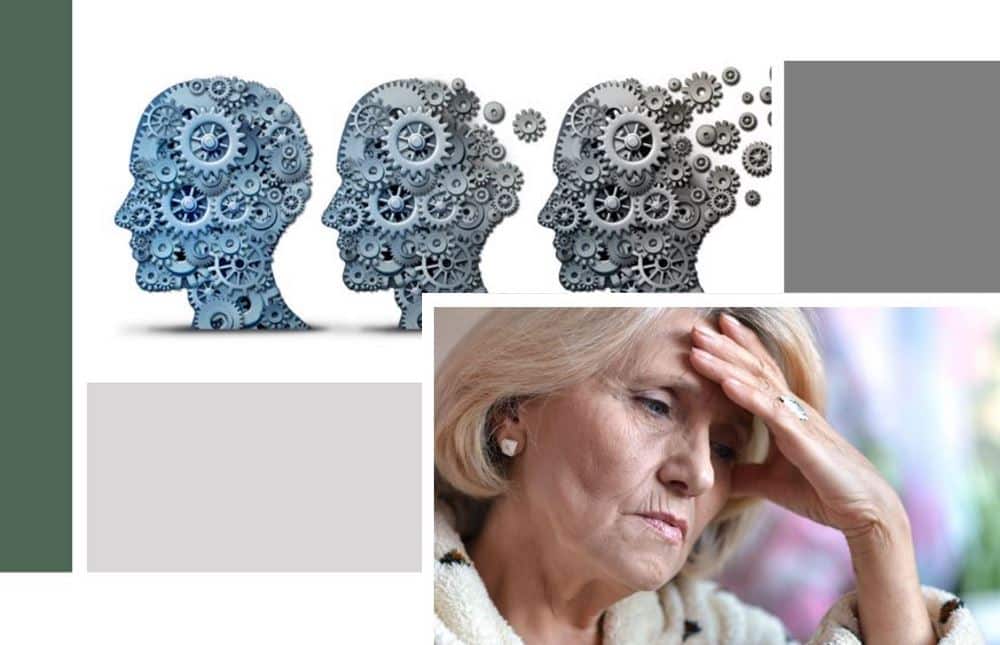Introduction-
The onset of dementia is not the same in all patients, nevertheless, doctors have managed to divide the typical course of the disease into seven main stages. The duration of the disease ranges from 3-20 years, with the average period of time being 4-6 years from the diagnosis of Alzheimer’s (dementia)Alzheimer’s (dementia) until the patient’s death.
In the first stages, it is very difficult to notice the existence of dementia. After that, the patient begins to forget small things, such as people’s names, the location of objects that have always been placed in a fixed place. After that, he forgets what he wants to say. Reads a story chapter and forgets that he read the chapter at all. Later, he forgets what he ate for breakfast. Begins to lose interest in hobbies that he used to engage in enthusiastically. Also, also loses interest in the environment in general. Does not recognize people in his immediate vicinity and from here the situation only gets worse.
In this article, the 7 stages of dementia will be detailed for you, so that you can identify which stage of the disease your family member/patient is in. This is in order to make a diagnosis and start treatment on time and also to know how to prepare for each stage.

Sad dementia patient.
Stage 1 of dementia – before the disease –
At this stage, there are no noticeable symptoms of the disease. The patient looks and sounds perfectly healthy. The disease cannot yet be diagnosed at this stage. After that, small symptoms, begin to give their signals. However, these symptoms still seem relatively normal and cannot be associated with dementia.
Also, some symptoms may develop gradually and go undetected for a long time.
Stage 2 – mild forgetfulness that is still associated with age and not dementia.
A slight forgetfulness begins, which does not yet cause the environment to suspect that it is dementia. The patient forgets things such as: forgetting where objects are, locking the door. At this point, it is still difficult for a geriatrician to diagnose dementia.
Stage 3 – mild cognitive impairment that begins to hint at dementia.
The environment begins to notice that a mild cognitive disorder begins, the cases of forgetfulness become more frequent. For example: forgetting where the keys are, finding them and after a few minutes forgetting where they are again. Placing objects in inappropriate places. For example, putting a garment in the kitchen cupboard. The patient tends to forget names, fails to learn new names, has difficulty functioning in society or at work, has difficulty reading and generally has difficulty organizing and planning in advance. This stage lasts between two and seven years.
Stage 4 of the dementia disease – stage of moderate dementia –
A stage where the patient begins to lose orientation in time and space. This is the stage where the geriatrician must give a diagnosis, because the symptoms start to become clear to the environment. Examples of this stage: forgetting what the patient saw and heard on the news. Forgetting what he ate for breakfast that day. Inability to concentrate on one thing for a long time. Losing interest in activities that the patient previously liked to do.
Damage to the ability to think abstractly in complex tasks, damage to the ability to plan activities or perform complex cognitive operations (such as managing a bank account). Also, difficulty remembering personal events from the past, and physical weakness.
Stage 5 of dementia – noticeable cognitive decline that requires getting help.
At this stage the patient suffers from a noticeable cognitive decline, which requires getting help. For example: forget what the address is. Forgetting exactly where the patient is and whether it is morning, noon or evening.

The patient is confused, his ability to perform complex actions deteriorates. In addition, his ability to decide and adapt his behaviour to social norms and rules is impaired.
Nearly 50 million people were diagnosed with dementia in 2017, worldwide. Most of them live in developing countries. The number is expected to double in 20 years.
Stage 6 of dementia – severe cognitive decline.
This is a stage where it is already very difficult for the patient’s family to take care of the sick person alone and in need of help. The signs are: forgetting the identity of his relatives and the people closest to him. Completely forget how to perform daily activities.
At this stage, the patient has difficulty sleeping, begins to lose control over the sphincters, becomes more suspicious, suffers from false thoughts, hallucinations and compulsive behaviors. Also, at this stage, many of the patients tend to go wandering, when they very quickly forget the purpose of going out and may get lost and endanger themselves.
Stage 7 of dementia – most severe cognitive decline –
The patient at this stage loses his ability to communicate and speak. He needs daily help with very simple tasks. He needs help with everything because his muscles and reflexes become inflexible – he cannot get to the bathroom in time, has difficulty walking, sitting and even holding his head and swallowing. This condition usually lasts a few months, but sometimes also long years of inability to function and the need for constant nursing.
In conclusion-
There is an estimate that 75 million people may suffer from dementia by 2030 and 131.5 million in 2050. In any case, only 20-50% of cases in developed countries are identified in statistics. In developing countries the situation is much worse, with the majority of the population remaining undiagnosed during their lifetime. Spreading awareness of the disease and its various stages can significantly reduce the pain and costs required to treat the disease. It’s all up to you, share the important information in the article and spread awareness of the disease today!

